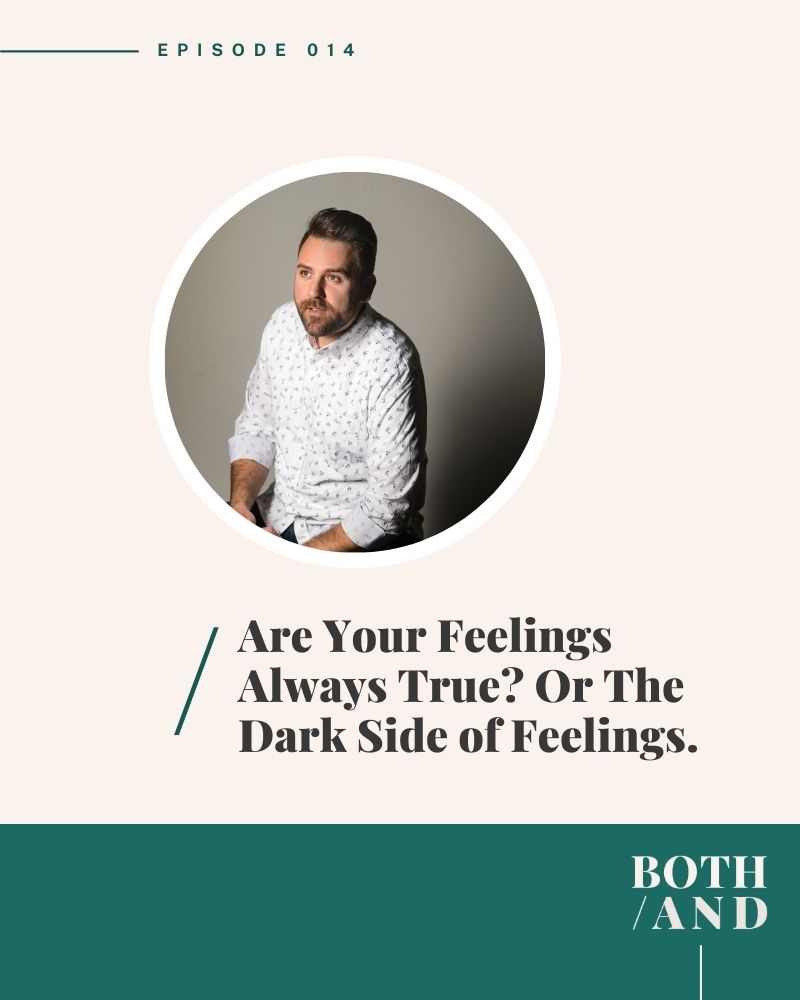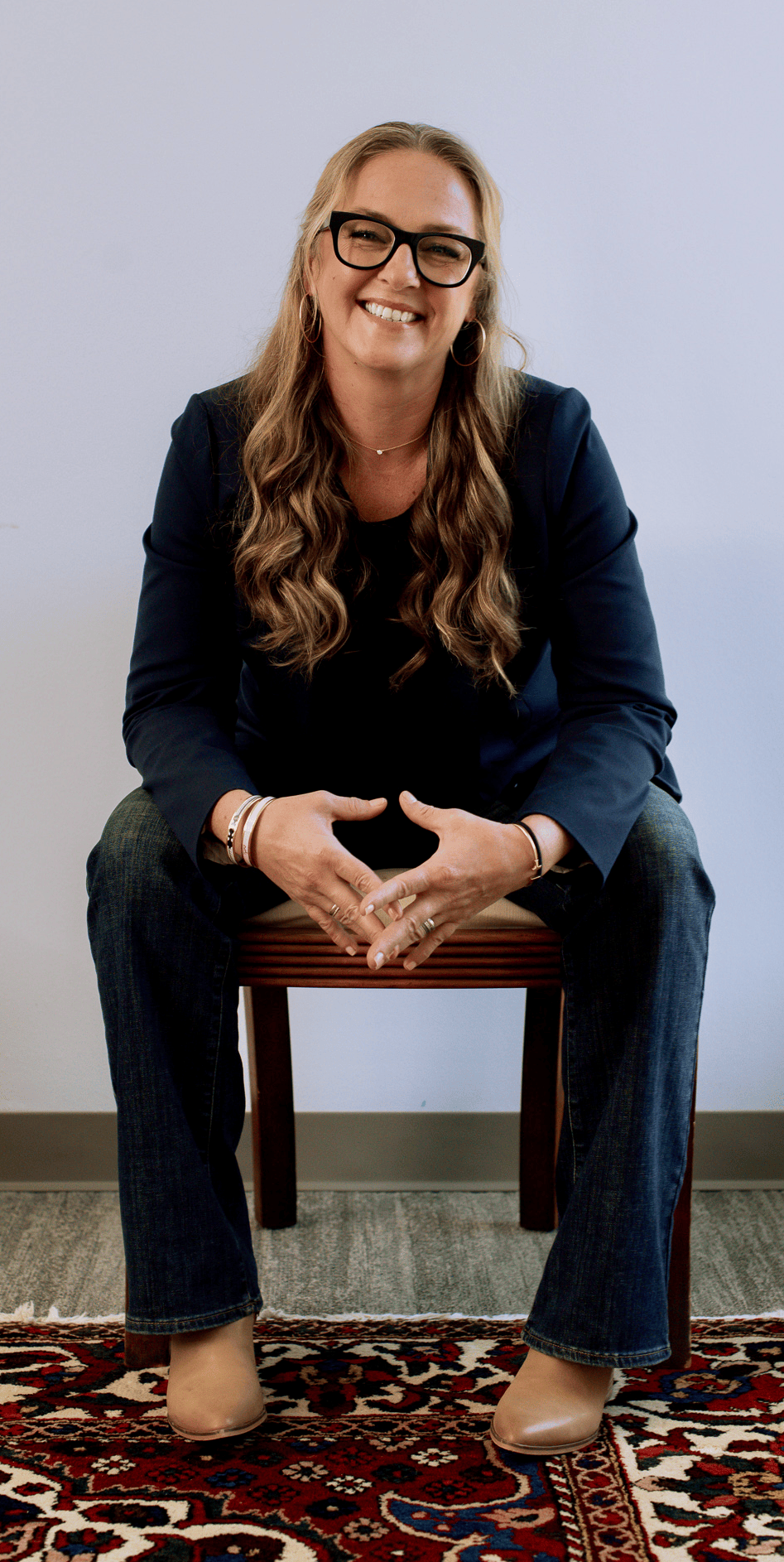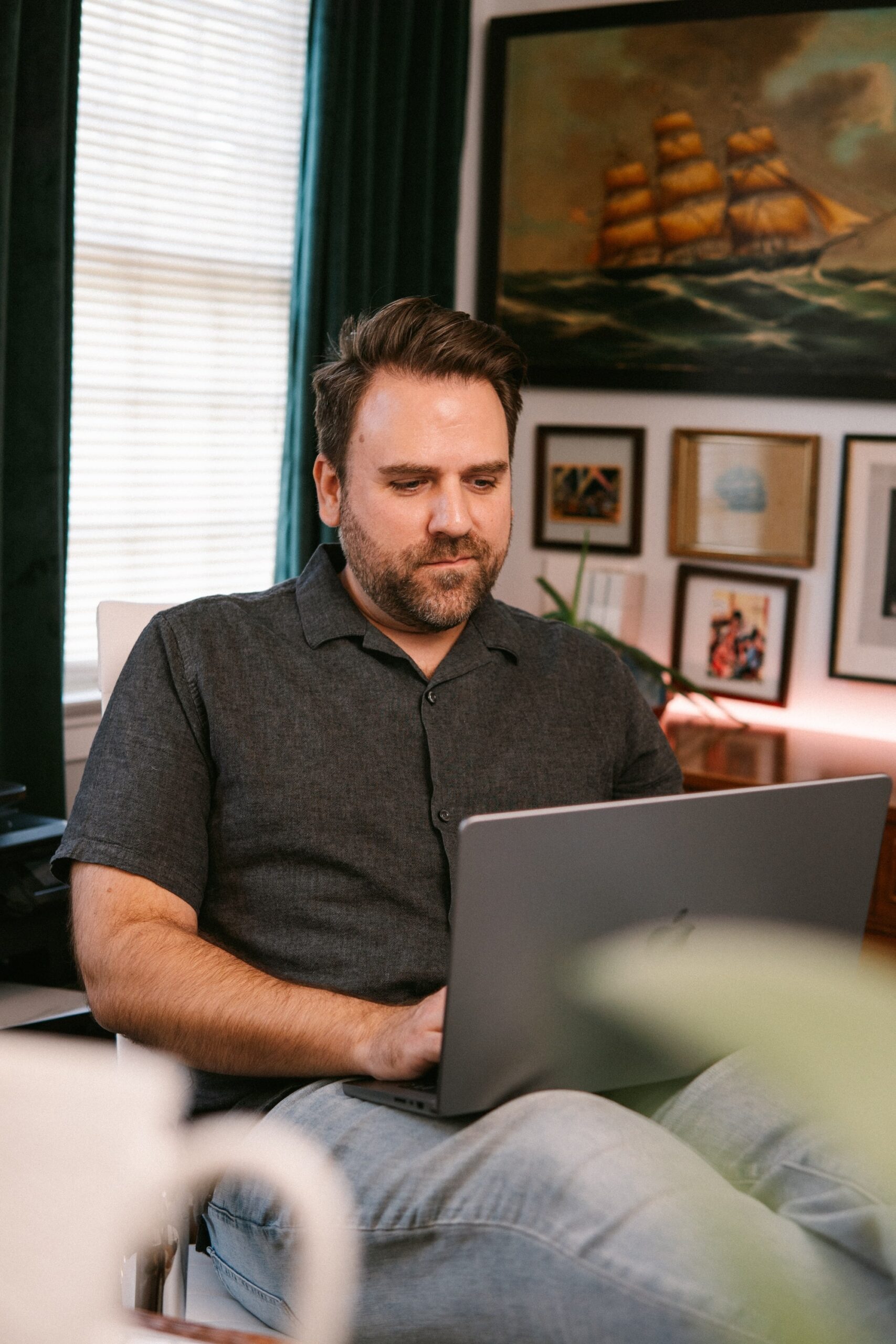
How many times have you heard the phrase, “feel your feelings?” I say it all the time now.) Learning to feel is an essential part of your evolution. However, there is a dark side to your feelings. A side that may be blocking your personal growth, interrupting your emotional health, and hurting relationships. Let’s explore our feelings together.
I am not an overly emotional person. I shut down early in life because of my depression. Emotionally, I didn’t have highs, only lows. I was sad, angry, and scared for most of my life. I didn’t experience extreme highs of joy or happiness. I had many incredible moments, but my physical, emotional response to those moments didn’t match the experience. Instead, I operated on a steady low.
People often commented about how “even keel” and calm I was, which I took as a compliment. Now, as a fully functioning and feeling adult, I realized I was even keel because I had no emotion. I had no expression of what was happening inside of my brain and body. I didn’t know how to feel and express the full range of emotions. So I suppressed them out of survival instinct.
I watched a TV show recently, and two of the beloved main characters were dying. It was an incredibly heartfelt ending to their storyline. It caught me off guard, and within seconds I was sobbing. I’ve been working on feeling my feelings for years, and part of that is releasing what’s been shoved deep within for so long. Translation – I’ve turned into a big ole’ cryer.
So when this TV show got me choked up, I went with it. I know that every time I’m able to cry, it’s therapeutic, and part of my past gets freed from my body. It’s not just the decades-old past, but the more recent grief I’ve experienced that also needs an outlet.
I had to pause the show because a lot was surfacing. It was a good cry. I have no shame in saying that I cried for a long time. I was so grateful to have felt those feelings because scenarios popped into my head of what the tears represented as I was crying.
I thought about our journey with infertility, miscarriages, nearly losing each other, losing a cousin to COVID, losing myself. There was so much that needed to come out.
Feel your feelings and…
My new catchphrase is, “Feel your feelings. Choose your thoughts.” I say it because you have to feel your feelings and choose your thoughts. It’s BOTH/AND.
Your feelings are in direct response to your thoughts. In the hierarchy of mental health, emotions are not at the top. Thoughts rank above feelings. Your thoughts cause you to feel a certain way, which causes you to act a certain way, which causes a specific response. So when I say, “Feel your feelings. Choose your thoughts.”, it’s because I know if you can start to choose different thoughts, your feelings will shift.
You can’t choose your thoughts and resist your feelings. That falls under the category of toxic positivity or toxic self-help. Resistance of any kind is toxic emotionally. So you have to feel your feelings, and you have to choose your thoughts.
Why do we have to feel our feelings?
Feelings or emotions (I use them interchangeably) are physical reactions in your body. They happen because of unconscious and conscious thoughts. You have a thought-you feel a feeling. Unfortunately, most of us don’t connect our thoughts to our feelings. When you feel something, you often don’t explore what’s behind the feeling.
Feelings are a physical response. We know this because we feel them physically. What is sadness? For me, sadness is a pain in my gut. It’s a heaviness on my chest. Sometimes it feels like someone’s sitting on my chest.
Because feelings are physical energy, they can get stuck in your body. That can lead to so many things like disease and pain. If you don’t allow the feeling to express itself fully, it becomes trapped in you. Resistance is futile.
Identify your thoughts.
We are taught to focus on our feelings from a young age. What’s the question we get asked, “How do you feel?” But I think if we started teaching children not only to identify their feelings but to identify the thoughts behind their feelings, they would grow into much more emotionally healthy adults.
It would teach kids to identify their feelings and the thoughts causing them to feel certain ways. Doing this makes a way to allow the feeling and shift your thoughts. As you change your thoughts, your emotions will follow suit. In this process, you never resist the feeling.
Feelings are not evidence.
Feelings are real, but they are not facts. They are a physical reaction in your body. They’re not always the truth of the situation. And you can’t use your feelings as fact.
They’re incredible tools to help us understand ourselves, our bodies, our mental health, but we cannot use them in a court of law. For example, you couldn’t testify in a case and say, “I really feel like that person murdered my best friend. I just, I really feel it.”
Feelings do not always match the actual truth of the situation. So, if you can start to understand your feelings as a data point to monitor versus truth, then you can begin to separate the situation itself from the feeling you’re having. You can start to step outside and become a third-party observer.
The Dark Side of Feelings
The dark side of feelings emerges when we believe our feelings are evidence or represent the whole truth. At this point, we think we’re justified in using our feelings as ammunition. We believe certain things about situations or people, and those assumptions cause us to feel a particular way. Because we think our feelings are fact, we believe we’re justified to use feelings as ammunition against other people.
We all do this. It’s typical behavior. We let our feelings serve as evidence of what’s real and think we can behave in ways. We start to make assumptions about the situation, which are not rooted in truth.
Instead of identifying the driving thoughts behind your feelings, you focus on the feeling and allow it to change your perception. Of course, we don’t want to suppress the feeling (nor should we try), but instead of doing the work to choose different thoughts, we become a victim to our emotions.
Are feelings real?
Sure, feelings are as authentic as the physical response they bring to your body. But if you ask me if feelings are truth, the answer is a resounding no. They are real. They’re happening. But that doesn’t make them factual in regards to the situation.
Your feelings have a dark side. Unless you can learn to manage them, separate yourself from them, sometimes separate the feeling from the situation, isolate the feeling from the thoughts causing them, feelings will be a destructive force instead of a healing response. So, feel your feelings, but also choose your thoughts.
Are Feelings Real? Or The Dark Side of Feelings.
Whether through speaking, storytelling, or coaching, I share real experiences, learned and curated wisdom, and practical tools to help you (and humanity) move forward.
I'm a motivational speaker, talk show host, writer, and creative. And I'm a endlessly curious human trying to figure out, well… humans. What makes us successful, fulfilled, disappointed, or stuck? How do our experiences shape us? And more importantly—how do we human better?
If we haven’t met yet, I’m Gentry Lusby.
meet
the
blogger




